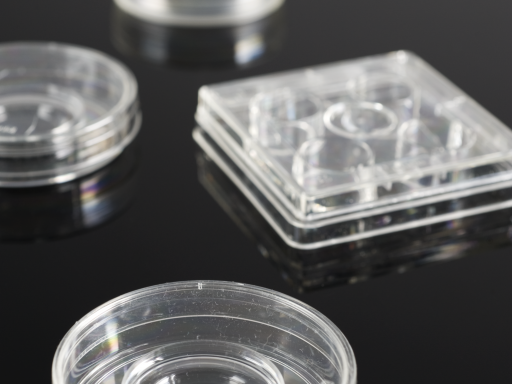
As our exhibition ‘IVF: 6 Million Babies Later’ closes we explore the news that the first genome edited babies have been born.

As our exhibition ‘IVF: 6 Million Babies Later’ closes we explore the news that the first genome edited babies have been born.
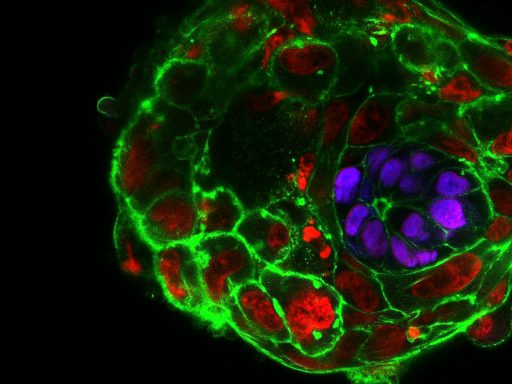
University of Cambridge research fellow, Marta Shahbazi, discusses developments in IVF research making it possible to grow human embryos in vitro for longer than ever.
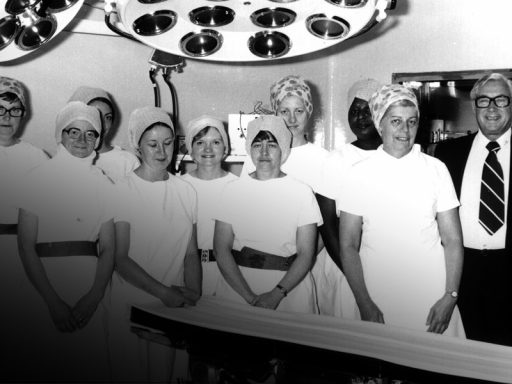
John Webster recalls his time working alongside Muriel Harris, who played an important and integral role in the development of IVF research.
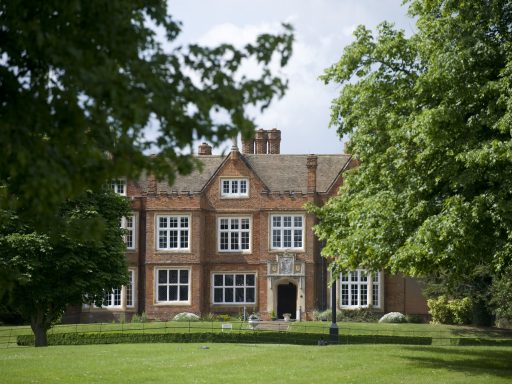
Research scientist Kay Elder takes us through the history of the first IVF clinic – Bourn Hall.
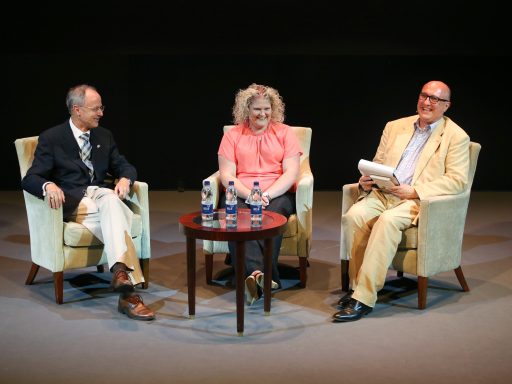
Roger Highfield, Director of External Affairs, celebrates the anniversary of the birth that changed reproductive science.
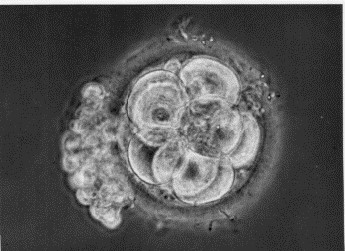
Roger Highfield, Director of External Affairs, examines the reproductive science revolution to mark our new exhibition, IVF: 6 Million Babies Later.
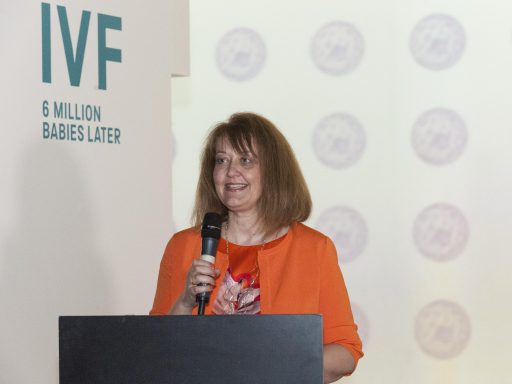
Sally Cheshire CBE, chair of the Human Fertilisation and Embryology Authority describes the advancements in IVF over the past 40 years.
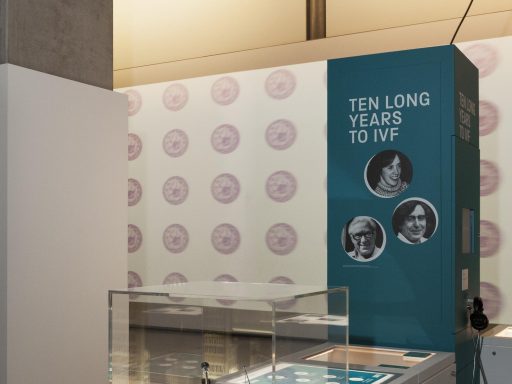
Connie Orbach, curator of new exhibition IVF: 6 Million Babies Later, explores the pioneering work of Jean Purdy, a central figure in the development of IVF.
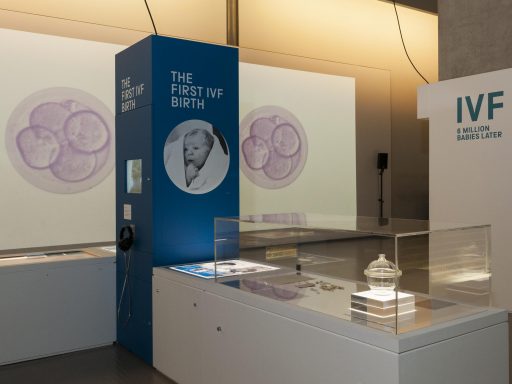
Today we celebrated the launch of our new exhibition IVF: 6 Million Babies Later.

Roger Highfield discusses the ethical dimensions of reproductive science to mark our new exhibition, IVF: 6 Million Babies Later.

Ahead of the opening of IVF: 6 Million Babies Later, father Gareth Down shares his experience with IVF and the lesser-told story of the male struggle.
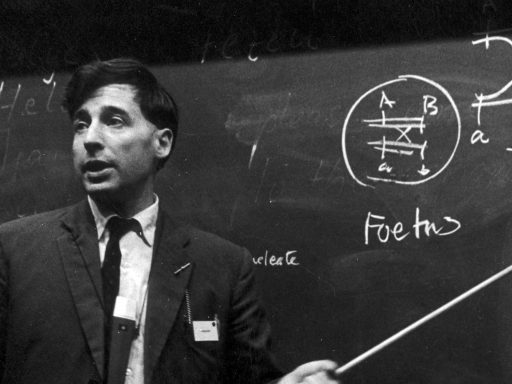
Professor Martin Johnson explores the difficulties experienced by physiologist and Nobel laureate Bob Edwards in his pioneering IVF work.